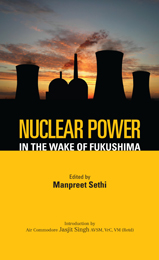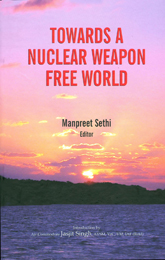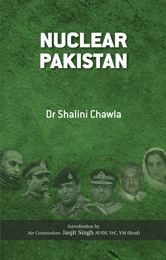Subjects
Global Nuclear Challenges: Energy, Proliferation and Disarmament
Manpreet Sethi
The inherent dual nature of the power of the atom, as provider of electricity or as a weapon of mass destruction, has dictated national policies and international security agendas for decades now. A resurgence of interest in nuclear energy promises a reliable and environmentally sustainable source of electricity. But it also poses the risk of nuclear proliferation since mastery of nuclear fuel technology can also bring nations to the technical threshold of nuclear weapons. The decision, then, to cross the line is a political one.
Except for four countries (India, Pakistan, Israel and North Korea), every other nation is a member of the nuclear Non-Proliferation Treaty (NPT). This should practically obviate the possibility of new states going nuclear unless one withdraws from the NPT and makes the bomb. Yet, the risk of proliferation remains alive.
Nuclear disarmament provides one plank on which the spread of nuclear energy could be sustainably reconciled with nuclear nonproliferation. However, not many of those who matter are yet ready to acknowledge its desirability or feasibility.
It is against the backdrop of this conundrum of nuclear issues that the Centre for Air Power Studies organised a seminar on Global Nuclear Challenges whose papers are reproduced in this volume. They reveal the complex interlinkages of contemporary nuclear concerns. The book should be essential reading for all involved in negotiating the maze of nuclear challenges confronting mankind today.


 Political Science
Political Science



